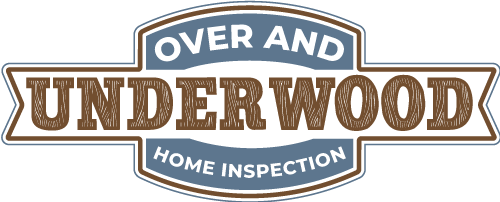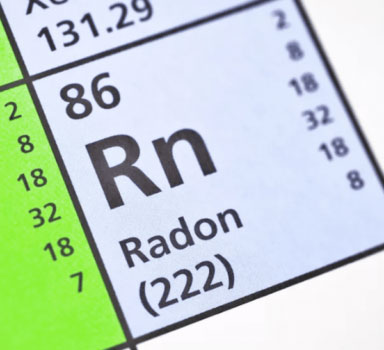Inspecting your Investment with Integrity
Mon - Sat 8:00 - 5:00
3980 Bedaki Ave NE, Lowell, MI 49331
Posts Tagged: internachi
Educational
Let’s Compare: Modular Home vs. Manufactured Home
Modular homes and manufactured homes are both prefabricated homes that are constructed in a factory, but there are some key differences between the two: 1. Building codes: Modular homes are built to the same building codes as traditional site-built homes, while manufactured homes are built to a separate federal code. This means that modular homes have to meet the same standards for electrical, plumbing, and other systems as traditional homes, while manufactured homes have their own set of standards. 2. Construction: Modular homes are built in sections, or modules, that are transported to the building site and assembled on a foundation. They are typically constructed with the same materials as site-built homes and can be customized to the owner’s preferences. Manufactured homes, on the other hand, are built on a steel frame with wheels and axles and are designed to be transported to the building site. They are built with lighter-weight materials and have a different construction process than modular homes. 3. Placement: Modular homes are typically placed on a permanent foundation and can be placed on any property that meets local zoning and building requirements. Manufactured homes are often placed in mobile home parks or on leased land, although they can also be placed on a permanent foundation on private property. 4. Resale value: Modular homes typically have a higher resale value than manufactured homes, as they are built to the same standards as site-built homes and can be more easily customized to the owner’s preferences. Manufactured homes, on[…]
Read MoreEducational
Tools of The Trade: Home Inspector Edition
I started to do a post about the PHYSICAL tools that I use on a typical inspection, because let’s face it those are important. However, it got me thinking…There are MANY other tools I use on a daily basis that are just as CRITICAL. A great inspector will work to incorporate all of these tools at the inspection.A home is a BIG financial and emotional purchase for the buyers, so make sure you are using empathy to recognize.Being quick to change schedules and adjust between the many pieces and people involved in the sale of a home is also critical.Clarity of clearly articulating findings and recommendations to clients while using language that is easy to understand.Actively listening to the client’s concerns and questions.And you might have all guessed having a great sense of attention to detail to observe and be thorough on an inspection is CRUCIAL.
Read MoreAir Quality, Educational
How to Mitigate Radon
Mitigating radon in a home involves implementing various techniques to reduce the concentration of radon gas, a radioactive element that can seep into buildings from the ground. Here’s a general overview of the radon mitigation process: The cost of radon mitigation can vary based on factors such as the size and design of the home, the chosen mitigation technique, and the severity of the radon issue. On average, homeowners can expect to invest anywhere from $800 to $1,500 for a radon mitigation system, but costs may vary depending on the specifics of each case and location. It’s important to consult with a certified radon mitigation professional to assess your specific situation and provide accurate cost estimates.
Read MoreEducational, Featured
Why are Home Inspections Important?
A home is one of the most important and expensive purchases one will make. A home inspection is an inexpensive way to discover the universal condition of a home. It is important to conduct a home inspection to avoid costly mistakes by purchasing a property in need of major repairs, and will also provide you room for negotiating with the seller. Certified It’s also important to get a certified home inspector who has been through the proper testing and training. National credential organizations like InterNACHI also offer continuing education to there credited home inspectors to keep them updated on the latest regulations. 1. Expertise: A home inspector has the expertise and knowledge to thoroughly examine a home and identify any potential problems or issues. They have been trained to identify structural, electrical, plumbing, and other issues that could affect the safety and livability of the home. 2. Identifying issues: A home inspector can identify issues that may not be immediately apparent to the untrained eye. This can include hidden water damage, electrical issues, or structural problems that may be costly to repair if not addressed before the sale. 3. Knowledge of overall structure and systems of the home. Not all things a home inspector finds means pass or fail. You will also received a detail report on items that might need improvements down the road. But the inspection report is designed to give you detailed information on the systems of your home, age of equipment, and other pertinent information you[…]
Read More




